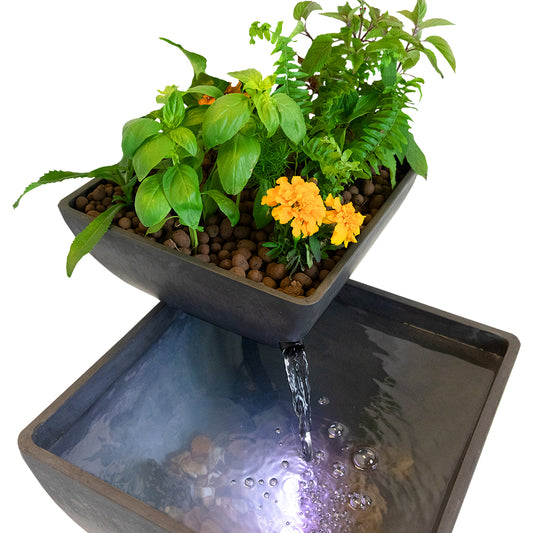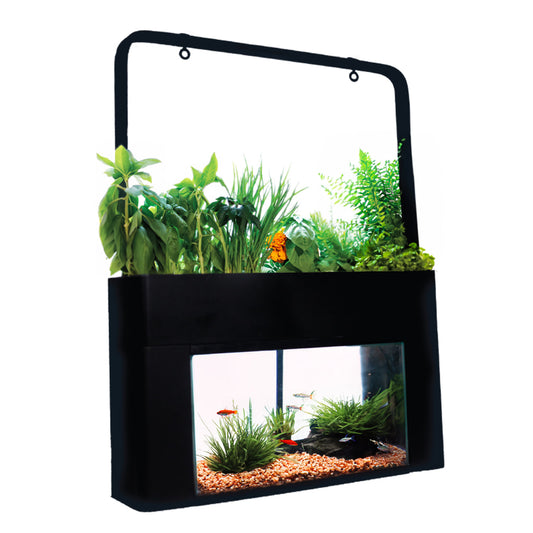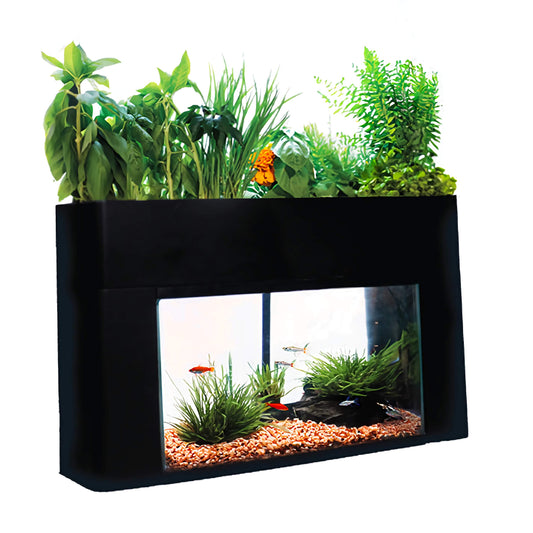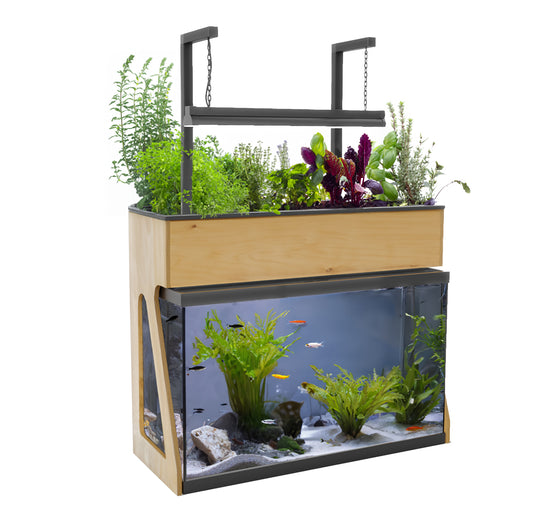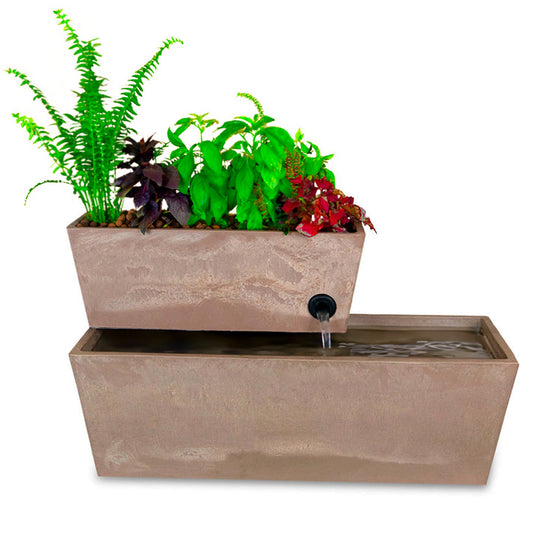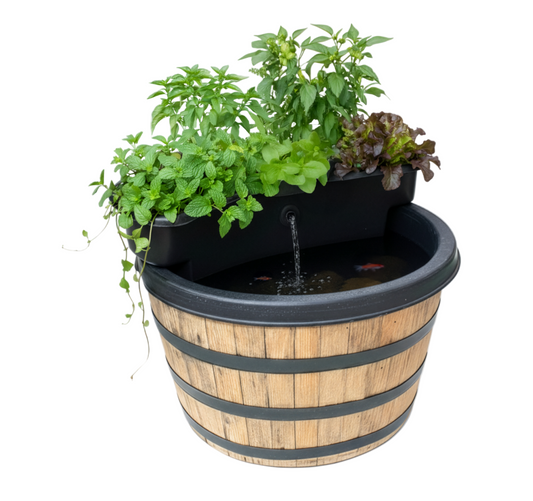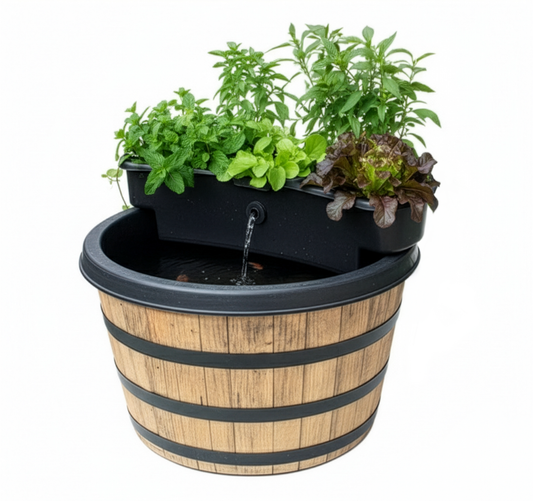Food Security Module

Developed by Systems Education Experiences (SEE), students take an interdisciplinary approach to understand a global issue. The driving question: “How can we think and act on a systems level to produce and consume food resources that will be environmentally sustainable and sufficient for global needs?” Students learn that systems thinking is helpful in identifying influences and interactions within the food security system. After critically examining the environmental tradeoffs involved with various food production techniques, students engineer a system, such as an aquaponic system, to evaluate the potential of scaling up aquaponics to fill the future food gap. Next, students examine the origins of food and resources required to produce it. Throughout this module, student groups investigate various aspects of the food crisis in a specific country, which culminates in a UN council meeting to propose a solution.
Grades:9th-12th Tags: Statistics, Biology, Environmental Systems
Presented by: Institute for Systems Biology/Project Feed 1010


